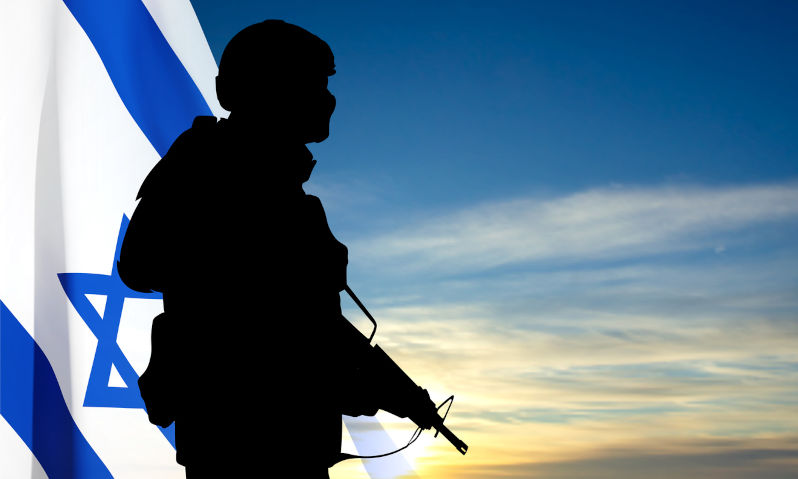Israel wants a Palestinian intifada in the West Bank
January 21, 2024
Three and a half hours. Three and a half hours from Jenin to Tul Karm. In three and a half hours you can fly to Rome, or drive to Eilat. But in the occupied West Bank today you’re barely able to drive between two nearby cities.
That’s the time it took us this week to travel from Jenin to Tul Karm, 35 kilometres. At the end of every Palestinian road on the West Bank there is a locked iron gate since the war in Gaza started. Waze instructs you to travel on these roads, but even this clever app doesn’t know there’s a locked gate at the end of every one.
If there isn’t a locked gate, there’s a “breathing” roadblock. If there isn’t a breathing roadblock, there’s a strangling roadblock. Near the Ottoman railway station in Sebastia, reserve soldiers stop Palestinians from taking even that remote gravel path. Near Shavei Shomron, soldiers permit traveling from south to north, but not in the opposite direction. Why? Because.
The soldiers at the next roadblock are taking selfies, and all the cars wait for them to finish photographing themselves so they can receive the dismissive, patronising hand gesture that will allow them to pass, while the traffic jam backs up on the road.
The Einav roadblock we passed through in the morning was closed to traffic in the afternoon by soldiers. It’s impossible to know anything. The Hawara roadblock is shut. The exit from Shufa is closed. So are most of the exit routes from the villages to the main roads. That’s how we traveled this week, like drugged cockroaches in a bottle, three and a half hours from Jenin to Tul Karm, to reach Road 557 and return to Israel.
And this is the Palestinians’ life in the West Bank these days. “It could be better / it could be a disaster / good evening despair and good night hope / who’s next in line and who’s in the next line” (Yehuda Poliker and Yaakov Gilad). When evening fell, thousands of cars whose drivers simply stopped by the wayside in abjection lined the roads in the West Bank. They stood helpless and silent. You have to see the fear in their eyes when they manage to approach the roadblock; any wrong move could lead to their death. It can make you explode.
It can make you explode that Israel is now doing everything to drive the West Bank toanother intifada. It won’t be easy. The West Bank has neither the leadership nor the fighting spirit of the second intifada, but how can one not explode?
Some 150,000 labourers who worked in Israel have been out of work for three months. You can also explode from the army’s hypocrisy. Its commanders are warning that we must enable labourers to go to work, but the IDF will be the main culprit for the Palestinian uprising if it breaks out.
The problem is not merely economic. Under the guise of the war and with the extreme rightist government’s assistance, the IDF has changed its conduct in the occupied territories in a dangerous way it wants Gaza in the West Bank.
The settlers want Gaza in the West Bank so they can drive out as many Palestinians as possible, and thearmy backs them up. According to UN figures, since October 7, 344 Palestinians have been killed in the West Bank, 88 of them children. Eight or nine of them were killed by settlers. At the same time, five Israelis were killed in the West Bank and East Jerusalem, four of them by security forces.
The reason is that the IDF has in recent months started firing from the air to kill in the West Bank, like in Gaza. On January 7, for example, the army killed seven youngsters who were standing on a traffic island near Jenin, after one of them apparently threw an explosive charge at a jeep and missed.
It was a massacre. The seven youngsters were members of one family, four brothers, two more brothers and a cousin. That doesn’t interest Israel.
Now the IDF is moving forces from Gaza to the West Bank. TheDuvdevan undercover unitis already there, the Kfir Brigade is on its way. They’ll return to the West Bank stoked with the indiscriminate killing in Gaza and will want to continue the great work there as well.
Israel wants an intifada. Maybe it will even get one. It should just not feign surprise when this happens.
First published in HAARETZ January 17, 2024

